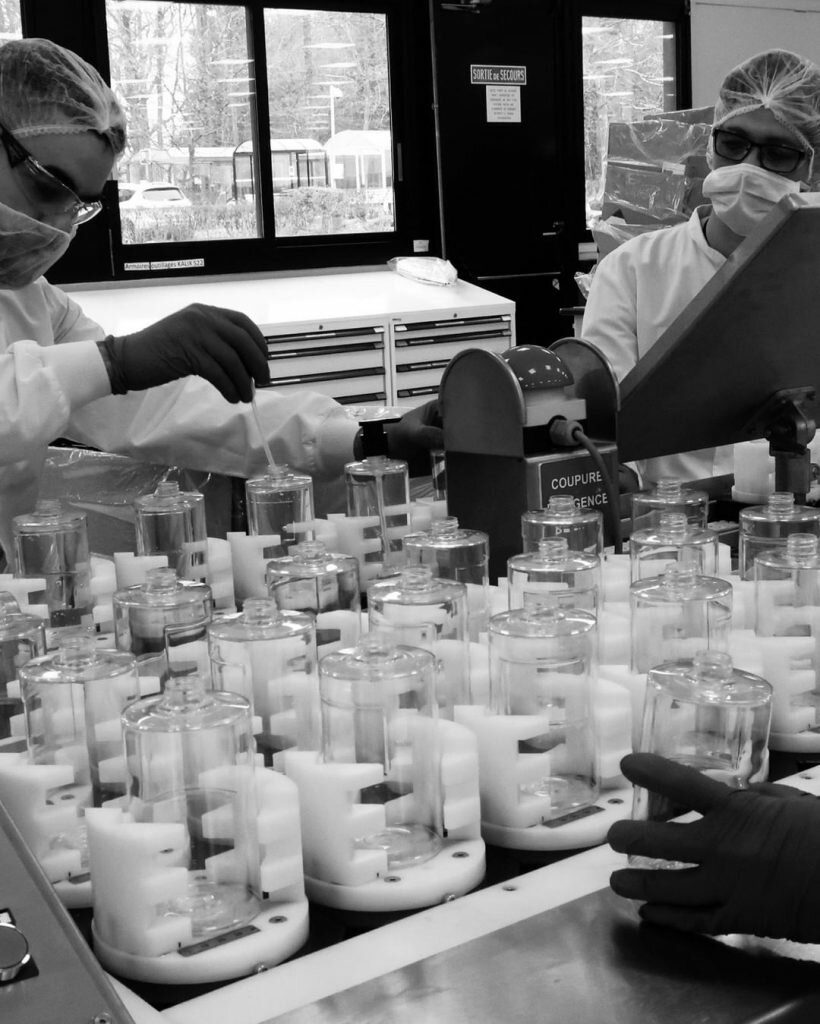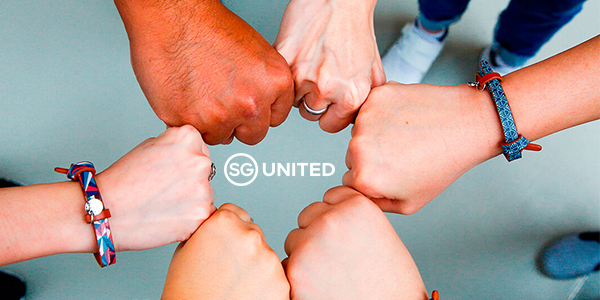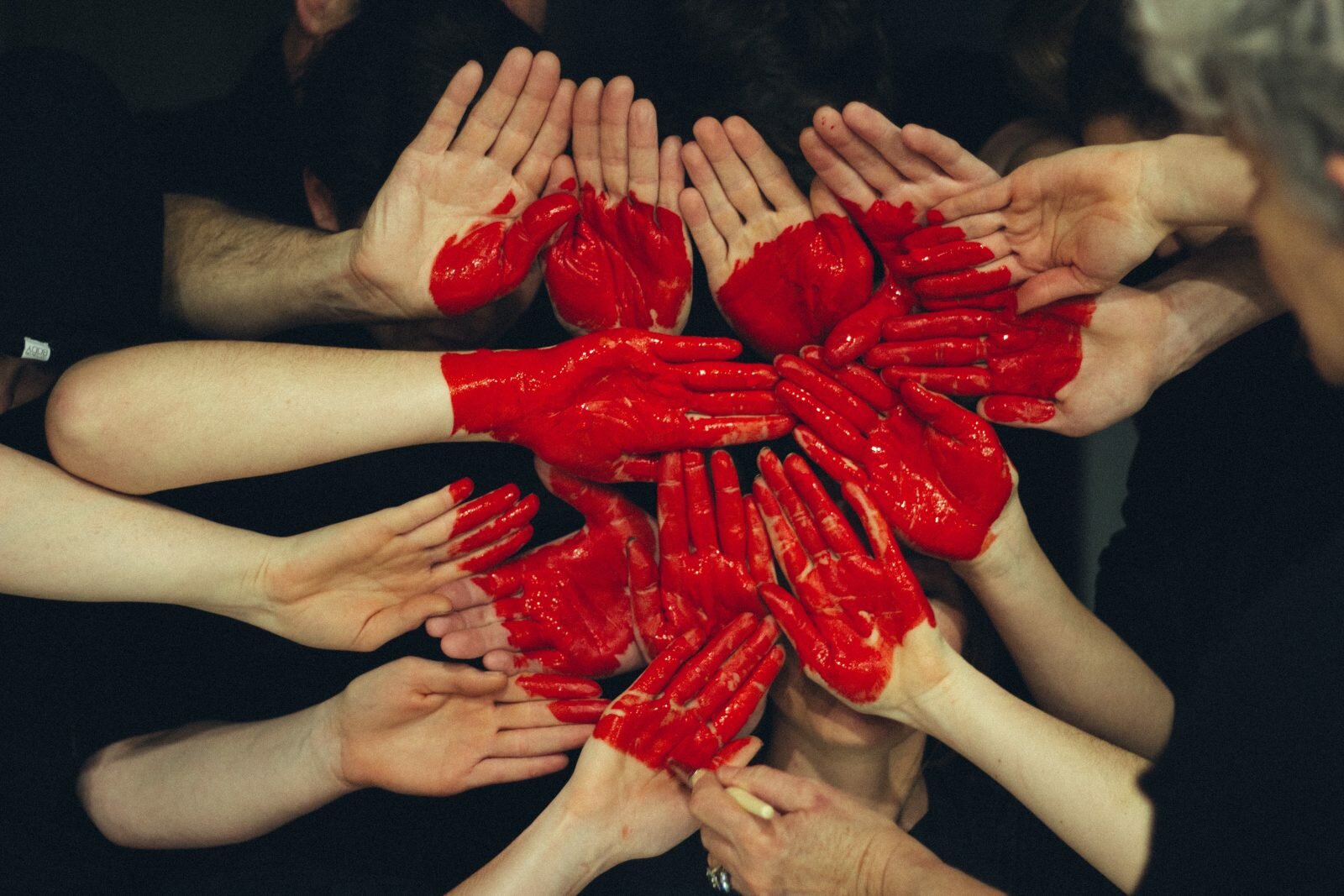We are not going to mince words. If you are reading this in the comfort of your home or some other safe space, where you are able to comfortably practice social distancing to slow down the spread of coronavirus while aided by the wonders of modern life like high-speed internet and home deliveries, you are one of the lucky ones.
“Everyone in Singapore is, in relative terms right now, privileged,” says Melissa Kwee, chief executive officer of the National Volunteer and Philanthropy Centre.
Still, even in the little red dot, where the government has embarked on a monumental containment effort coupled with an impressive economic stimulus package, many segments of society will inevitably be hard hit by the fallout from this pandemic. Reports of widespread pay cuts and even retrenchments are already impacting many individuals and will likely cause financial strains for the foreseeable future.
Charities that provide assistance to the needy are also taking a grave hit. Even in boom times, many charities often face fund shortages — this challenge is likely to be exacerbated as the world rides out this pandemic. Many fundraising activities and galas, which have traditionally been a key way that the affluent contribute much-needed cash flow to ensure the sustainability of non-profit organisations, have been cancelled or postponed indefinitely. Plus, as individuals become more conservative with their finances in these times of economic uncertainty, charities are likely to experience a further cut in public donations.
To add to these woes, volunteer numbers have also fallen significantly, especially with the latest government advisory to enforce safe distancing and limit on group gatherings to less than 10 people, says Kitson Lee, head of the Center for Non-Profit Leadership.
This lack of manpower is already causing an increased workload on full-time staff and regular volunteers in charities. “They need to step up to do more, in order to ensure that the communities they serve continue to receive the resources and services that they need,” Lee says.
Stepping Up And Giving More
But it is not all doom and gloom. In a time of crisis, civic-minded individuals and organisations — both locally and globally — are stepping up to provide support.
The fashion industry has responded admirably, with boldfaced marques like LVMH, Dior and Chanel repurposing their factories and ateliers to produce much-needed hand sanitizers and face masks. Individuals, including Giorgio Armani, Ralph Lauren and Miuccia Prada have made million dollar donations to the cause.

(Image: Dior)
Closer to home, the Jack Ma Foundation and Alibaba Foundation have committed to donating masks and other protective gear to countries including Indonesia, Malaysia, the Philippines and Thailand.
In Singapore, tech mogul Tan Min-Liang, CEO of gaming firm Razer, has been converting manufacturing lines to produce masks and is planning to set up a mask making line here, while e-commerce company Zilingo has secured immediate access to surgical masks and gowns which they are exporting to hospitals and governments.
To help companies stay afloat, Singapore property magnate John Lim’s family office, JL Family Office has teamed up with ARA Asset Management and Straits Trading Company to set up a $5 million fund to offer short-term loans to small and medium sized enterprises who may be facing cash-flow issues due to the outbreak.
The Community Rallies Together
Of course, one does not need a net worth of billions of dollars to give back in this time of need. Organisers urge everyone to offer assistance, whether it is in the form of money, items or time. For instance, in New York City, college students have created an app and call centre called Invisible Hands Deliver to allow healthy young people to assist those on quarantine. In Singapore, heartwarming posts about individuals offering to run similar errands for those who need it have also been circulating on social media.
The freelance industry, which has been one of the hardest-hit sectors, with estimated losses of over $27 million (and counting) from cancelled jobs according to website ilostmygig.sg, has rallied to offer support where they can. For instance, artists and musicians are creating art to uplift spirits while freelance fitness instructors are offering live-streamed classes to motivate people who are under lockdown to keep fit.
The community is also rallying to help itself. The actresses Janice Koh, Pam Oei and Petrina Kow, who launched the Pasar Glamour charity initiative, have announced a campaign to raise $100,000 for the “Pasar Glamour Art Aid”. They will match any donation to this fund, up to a maximum of $50,000, from the initiative’s fundraising sale last year as well as from a gift by a donor. They will use these funds to support freelancers who may have fallen through the cracks or are not eligible for government support based on existing criteria.
This support that is being offered to the general community is invaluable in these unprecedented times of heightened stress and anxiety. At the same time, frontliners and workers facing job insecurities should be given special consideration.
Lenard Pattiselanno, NVPC’s director of Outreach & Institutional Partnerships, says, “Their needs encompass ‘intangibles’ such as mental health support, prevention of burnout and motivation. It is crucial to stave off a sense of hopelessness in the midst of a long-drawn battle with an invisible enemy, and we can do that by reaching out to the healthcare workers, cleaners, transport service operators and anyone else we know who needs encouragement and mental or emotional support during this period.”
A suggestion that will not cost a cent — simply offer a smile or a friendly greeting to people around you, from friends and family to the workers and cleaners you encounter. Compassion matters.
The Next Steps For Philanthropists
Going forward, it is important to take a long term view of coronavirus-related assistance that goes beyond fulfilling current needs. This is where philanthropists and charitable foundations can lead the way.
“One important thing to realise is that we cannot waste all our bullets on the immediate items,” says Kwee. “My advice would be for the general public who are enormously compassionate and generous to take care of the frontline and visible needs,” she suggests. In Singapore, fundraising campaigns and volunteer activities related to Covid-19 can be found on a dedicated #SGUnited page, whose aim is to ensure resources are channeled to the communities that need them the most.

(Image: NVPC)
“More strategic givers with larger sums to deploy need better intelligence with which to make their decisions. They (could) consult with bodies which can give better insight into emergent needs, underlying issues and address these,” she adds. Her organisation is currently working with partners to share accurate information of immediate and mid-term needs, as well as anticipating future needs, to help the sector better divert resources.
Striking a hopeful note, Kwee believes that social unity will be what lights the way forward.
She says, “When we emerge — and we will — we can build back better and restore a new normal that is a better state than before.”
